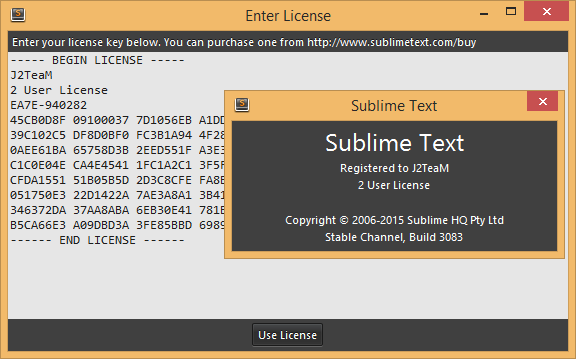
Prior to v8: Although the controls are not displayed when hidden, the functionality is still there. Registry path: HKEY_LOCAL_MACHINE\SOFTWARE\Wow6432Node\GlobalSCAPE Inc.\EFT Server 7.4\Ġ or false= off/hidden 1 or true = show controls To specify the disk quota options, create the following registry settings or advanced properties

Another setting can be created to write to the EFT log after a period of seconds if the calculation takes longer than specified. The administrator can manually initiate a baseline re-calculation by clicking Recalculate on the user account's General tab, or set the registry override described below to specify a re-baseline period. This can also occur during parallel uploads from clients like CuteFTP, because EFT evaluates each request independently, not in aggregate, when determining whether the request exceeds the quota limit. Therefore, what EFT sees as the new "Used disk space" value may not be the same as the actual size of the folder. When files are added to a user's folder "out of process" (e.g., an administrator manually copies files to the user's folder), the size of the files is not added to the user's total until the next calculation. When the quota reaches the max specified in EFT, no more uploads are allowed. The resulting value is stored for that user (or template), and it becomes the new baseline. Upon each upload/download by that user, the user's disk quota value is incremented or decremented accordingly. Once a user logs in to EFT, the disk quota is calculated for that user. With this change, the EFT server service is not bogged down calculating every user's baseline at service startup. In EFT v7.4.13 and later, to improve startup performance, disk quota is set to 0 upon EFT server service start, even when users have files in their folders. Users do not have a specified disk quota by default.

A disk quota is a limit set by a system administrator to restrict the amount of file space allocated to each user.


 0 kommentar(er)
0 kommentar(er)
